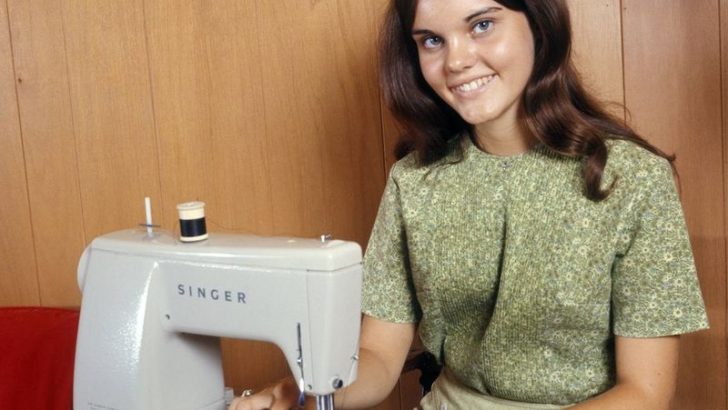In the 1970s, teenagers were equipped with an array of practical life skills that enabled them to navigate adulthood with confidence. These skills, often learned through hands-on experiences and less reliance on technology, are now rare among today’s college graduates. This article explores ten such skills, reflecting on how they shaped the independence and resilience of a generation. From fixing a car to cooking a meal from scratch, these abilities provided a solid foundation for self-reliance. Rediscovering these forgotten skills offers valuable insights into fostering independence in today’s youth.
1. Map Reading
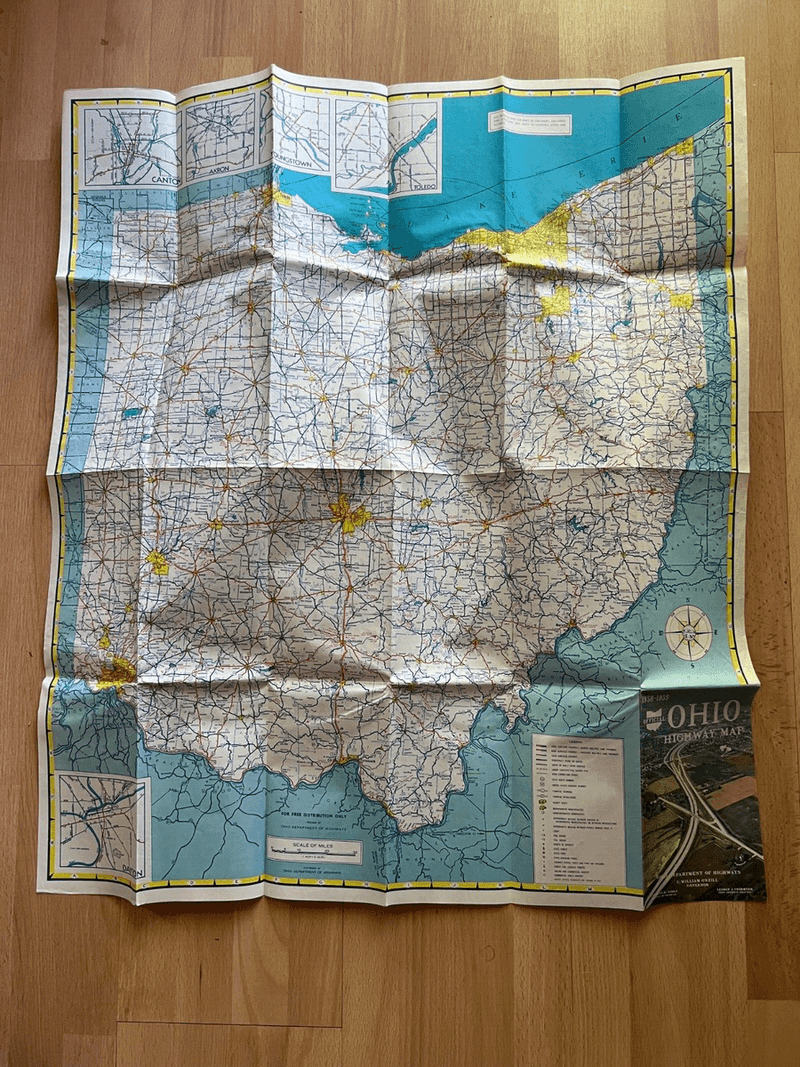
In a world without GPS, teenagers of the ’70s mastered the art of map reading. Navigating through unfamiliar roads, they relied on paper maps to find their way during family trips or personal adventures. This skill fostered a sense of direction and spatial awareness. Today, many young adults can’t read maps effectively, depending heavily on digital navigation. Understanding map symbols and routes taught patience and strategic planning. A bygone era’s skill, map reading, was more than just finding a destination; it was about engaging with the journey in a tactile manner that fostered independence.
2. Sewing and Mending Clothes
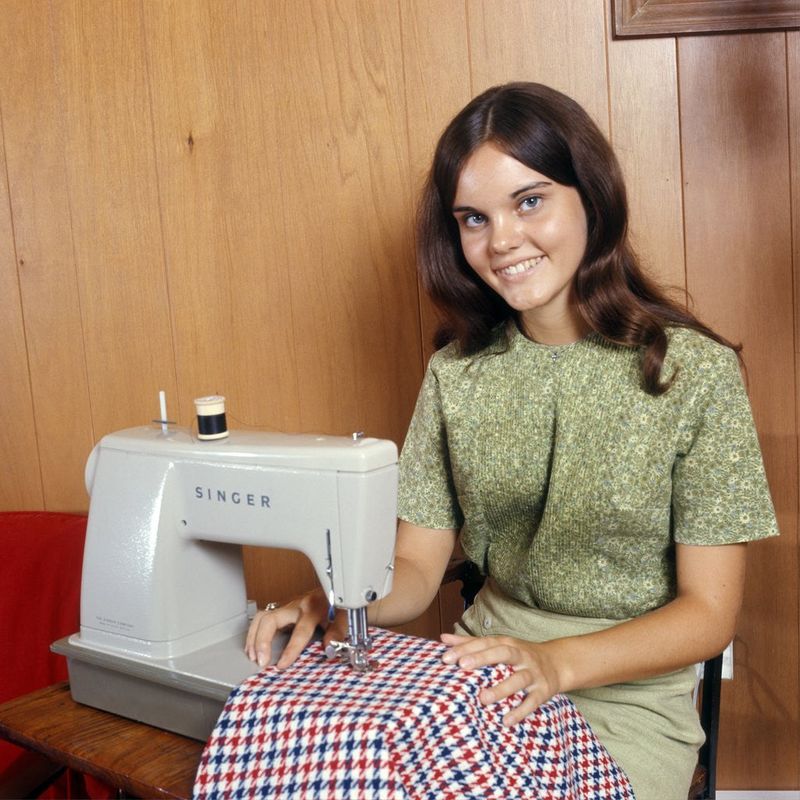
Back in the ’70s, sewing and mending were essential skills for teenagers. A tear in a shirt or a missing button wasn’t a reason to discard clothing; instead, it was an opportunity to learn self-reliance and creativity. With needle and thread, teens added personal touches to their wardrobes. Today’s youth often lack these practical skills, relying on fast fashion for new clothes. Mending taught patience and resourcefulness, turning accidents into opportunities for expression. It wasn’t just about repairing clothes, but cultivating a mindset of sustainability and individuality in personal style choices.
3. Cooking from Scratch
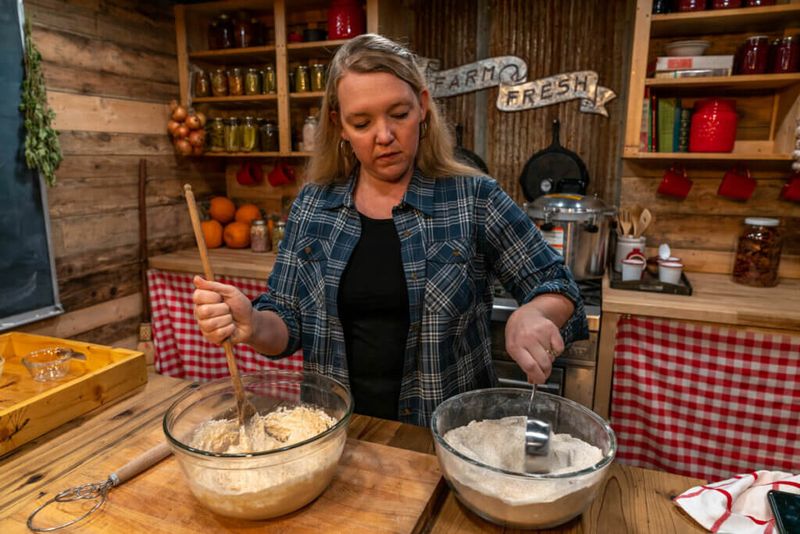
Cooking from scratch was a common skill among teenagers in the ’70s. They learned to prepare meals using basic ingredients, understanding the essence of wholesome food. This practice not only nurtured their independence but also gave them an appreciation for nutrition and budgeting. In contrast, many modern college graduates are reliant on processed foods and takeout. Cooking without pre-packaged shortcuts taught creativity and time management. This lost art was about more than just sustenance; it was a journey of flavors and textures, where every meal was a creation of personal expression and care.
4. Navigating Public Transportation
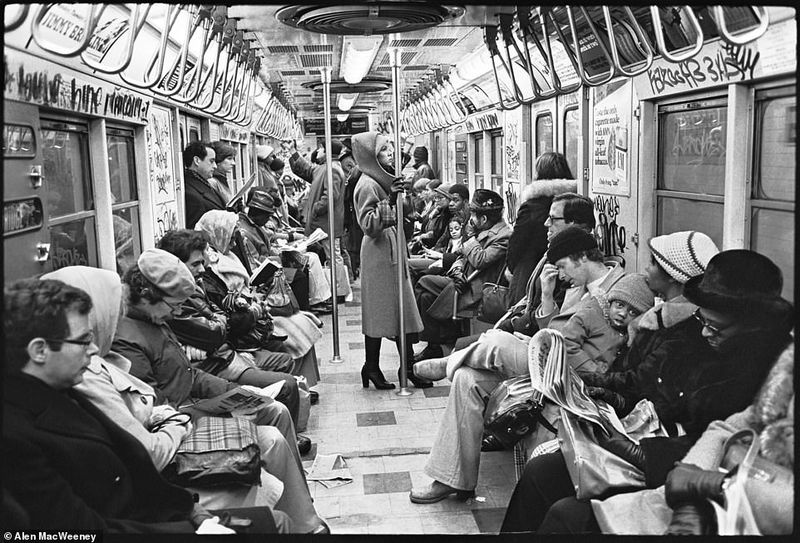
In the ’70s, teenagers often relied on public transportation to explore their world. Understanding bus routes and schedules required planning and adaptability. Today, many young adults avoid public transit, preferring the convenience of rideshares or personal vehicles. Navigating public systems taught teens patience and problem-solving. It was a skill that opened up cities and adventures, fostering a sense of community and independence. With an era’s charm, bus rides were not just about getting from point A to B, but about experiencing the tapestry of everyday life and building social awareness.
5. Basic Car Maintenance
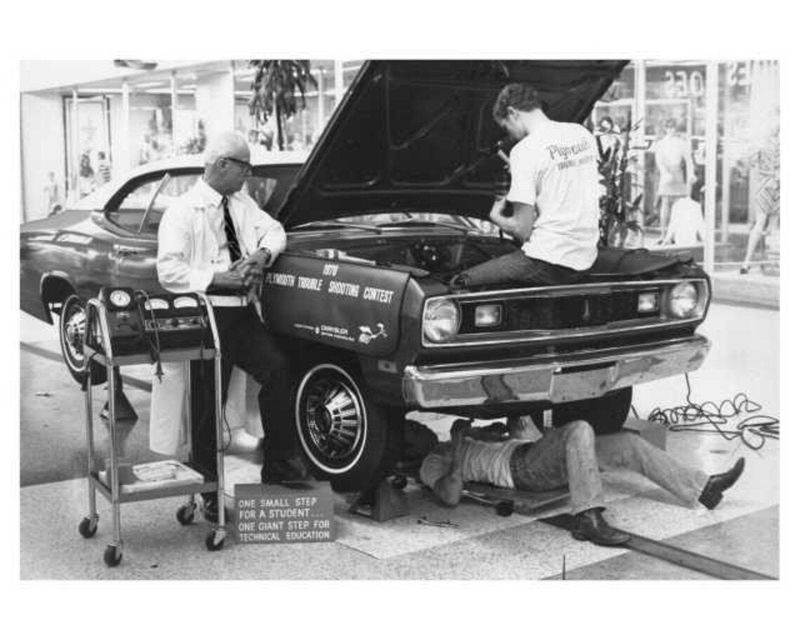
Teenagers in the ’70s often learned basic car maintenance skills, such as changing oil or fixing a flat tire. This hands-on knowledge empowered them to take care of their vehicles, enhancing their self-sufficiency. In contrast, many of today’s college graduates rely on mechanics for even minor issues. Understanding car engines and maintenance taught attention to detail and problem-solving. It was about more than just keeping a car running; it was a valuable lesson in responsibility and mechanical literacy. This skill connected them with their vehicles in a way that fostered independence and confidence.
6. Home Gardening

Home gardening was a cherished activity for teens in the ’70s, allowing them to connect with nature and understand food origins. Growing vegetables taught patience, responsibility, and the joy of nurturing life. Today, fewer youths engage in such activities, missing out on these enriching experiences. Gardening was more than just a hobby; it was an exercise in mindfulness and sustainability. It encouraged a respect for the environment and provided a sense of accomplishment. This skill embodied the essence of creating something tangible from the earth, fostering a deep-rooted appreciation for nature’s bounty.
7. Writing Letters

The art of letter writing was a significant skill in the ’70s, allowing teenagers to communicate genuinely and thoughtfully. Crafting letters required careful consideration of words and emotions, fostering deep connections. Today, digital communication often lacks this personal touch. Letter writing taught patience, reflection, and the beauty of language. It was about more than just sending a message; it was an intimate exchange that built lasting relationships. This practice encouraged mindfulness, with each written word carrying intentionality and warmth, wrapped in the unique quirks of individual handwriting.
8. First Aid Skills
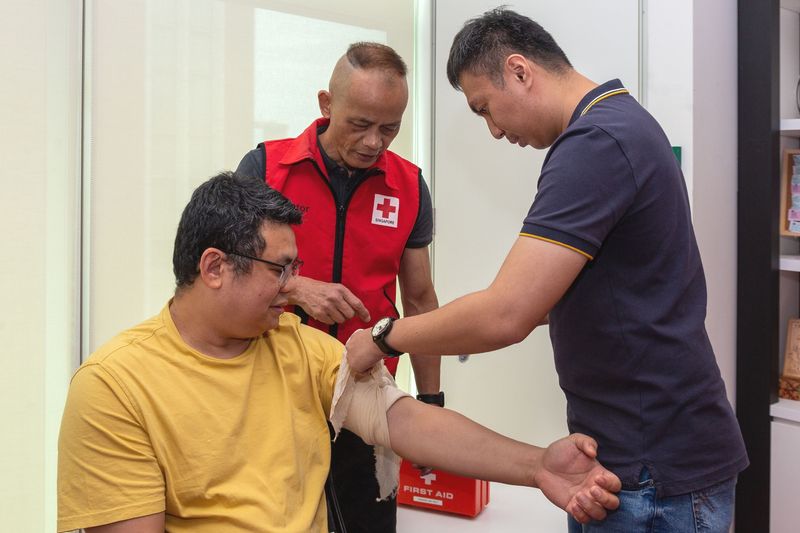
First aid skills were commonly taught to teenagers in the ’70s, often through scouting or school programs. Knowing how to handle minor injuries or emergencies was empowering. Today, many young adults lack these basic medical skills, relying on professionals for minor issues. First aid knowledge provided confidence and preparedness in unexpected situations. It was about more than just applying a bandage; it was a life skill that instilled a sense of responsibility and care for others. This ability fostered a proactive approach to health and safety, building a community-ready mindset.
9. Budgeting and Financial Planning

In the ’70s, teenagers were often taught the importance of budgeting and financial planning. Managing allowances and savings accounts instilled a sense of financial responsibility. Today, many young adults struggle with managing finances due to lack of exposure. Budgeting taught analytical thinking and foresight, preparing teens for future financial independence. It was more than just about numbers; it was about planning for aspirations and understanding the value of money. This skill provided a groundwork for economic literacy, empowering young individuals to navigate the complexities of personal finance with confidence.
10. Social Etiquette and Communication
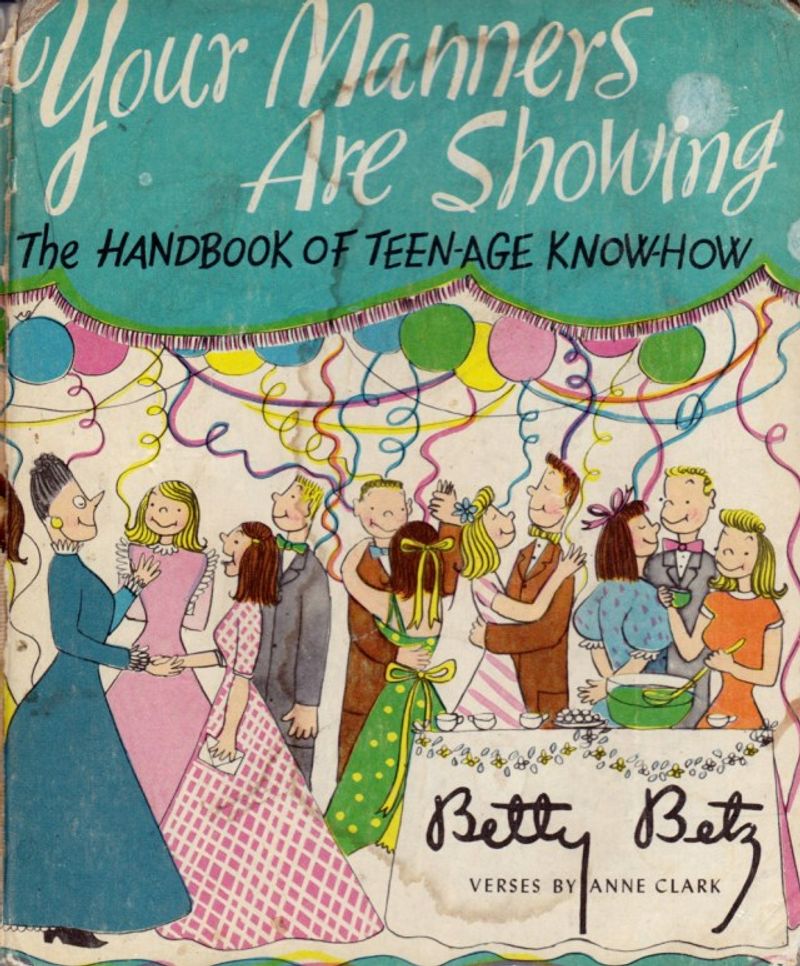
Social etiquette and effective communication were highly valued skills for teenagers in the ’70s. Engaging in face-to-face conversations taught respect, empathy, and active listening. Today, digital interactions often replace personal connections, leaving young adults with fewer opportunities to develop these skills. Understanding etiquette fostered confidence in social situations, encouraging meaningful interactions. It was more than just knowing manners; it was about building rapport and navigating diverse social landscapes. These skills were the cornerstone of community building, reflecting an era where personal interactions were rich with authenticity and mutual respect.

